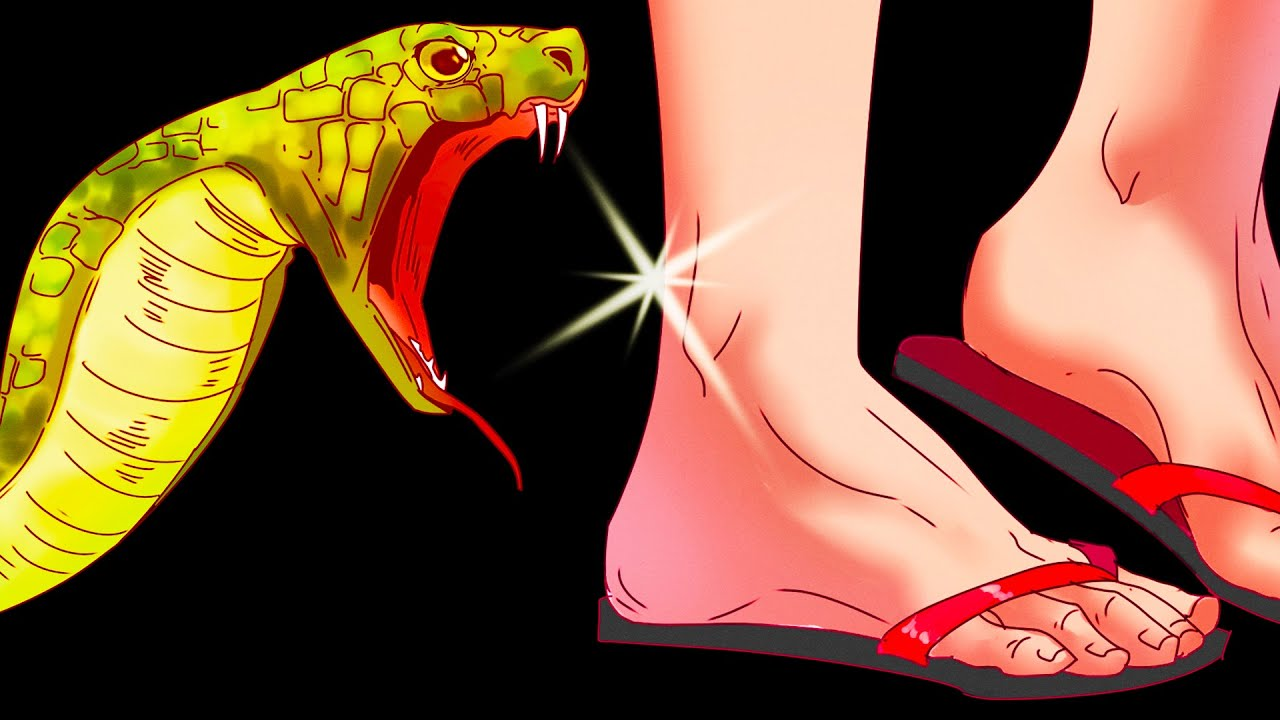
.jpg) F. M. Britto
F. M. Britto

"She was bitten by a snake," a girl informed me as I went to a house in my neighbouring village.
Lying on a village cot, Kanti was in half-consciousness. Her whole body was in pain.
"She was sleeping last night on the floor," her father-in-law explained to me. "At midnight she screamed. When we lit the light, there was a krait in her bed."
"Why didn't you take her to the hospital immediately?" I intervened.
Her family members were silent. The young woman's husband was not seen.
"Take her now," I urged them.
"She will be alright," her mother-in-law responded, leaving the room.
The neighbouring family informed me that a local tantrik (faith healer) had performed puja on her, given her herbal medicine to eat, and told them that she would be alright.
But if something happens to her? What would be the fate of her three little kids, ranging from two to eight years?
I requested a rich villager who owned a van. He rushed her to the neighbouring Bilaspur district government hospital immediately.
Though late, she survived.
Whenever I visit her family now, they touch my feet as if I am their god.
This is one of the many snakebite cases in my rural area. In the last two years, there have been 3048 reported snakebite deaths in Chhattisgarh.
India has earned the unfortunate title of "Snakebite Capital of the World." With around 58,000 recorded snakebite deaths every year, India ranks the highest based on the rate of snakebite deaths in the world, according to the Million Death Study. It accounts for about half of global snakebites. Reportedly, about 1,38,000 snakebite deaths occur across the globe. Experts say that the actual number is higher due to unreported cases. Experts say snakes kill more people than all other wildlife combined in India.
The majority of the victims are the villagers. Nearly 70 per cent of the Indian population lives in villages and jungles and depends on agriculture, fishing, poultry, and forestry for their livelihood. Snakes live more in the villages and jungles.
Snakebite deaths occur due to a lack of community awareness of the prevention and cure. Besides humans, the fatality rate due to snakebite in livestock is reported at 47 per cent. That causes heavy economic loss to the poor villagers. Long-term complications also occur in 15 per cent of the survivors.
Due to poverty, ignorance, and the non-availability of transport, the villagers immediately go to the nearby tantriks (quacks) and consume unguaranteed herbal medicines. Often, the bite occurs at night. Only when it becomes worse do they think of visiting the district government hospital. At times, it becomes too late.
Snake antivenoms effectively treat snakebites and their harmful effects. Most district government hospitals in snakebite-prone areas stock snake antivenoms, which are freely administered to patients.
The government and private health agencies need to train the local panchayats, health workers, school teachers, community and religious leaders, forest department officials, and social workers on the prevention and cure of those bitten by snakes. They need to motivate the villagers to rush the patient to the nearby government district hospital.